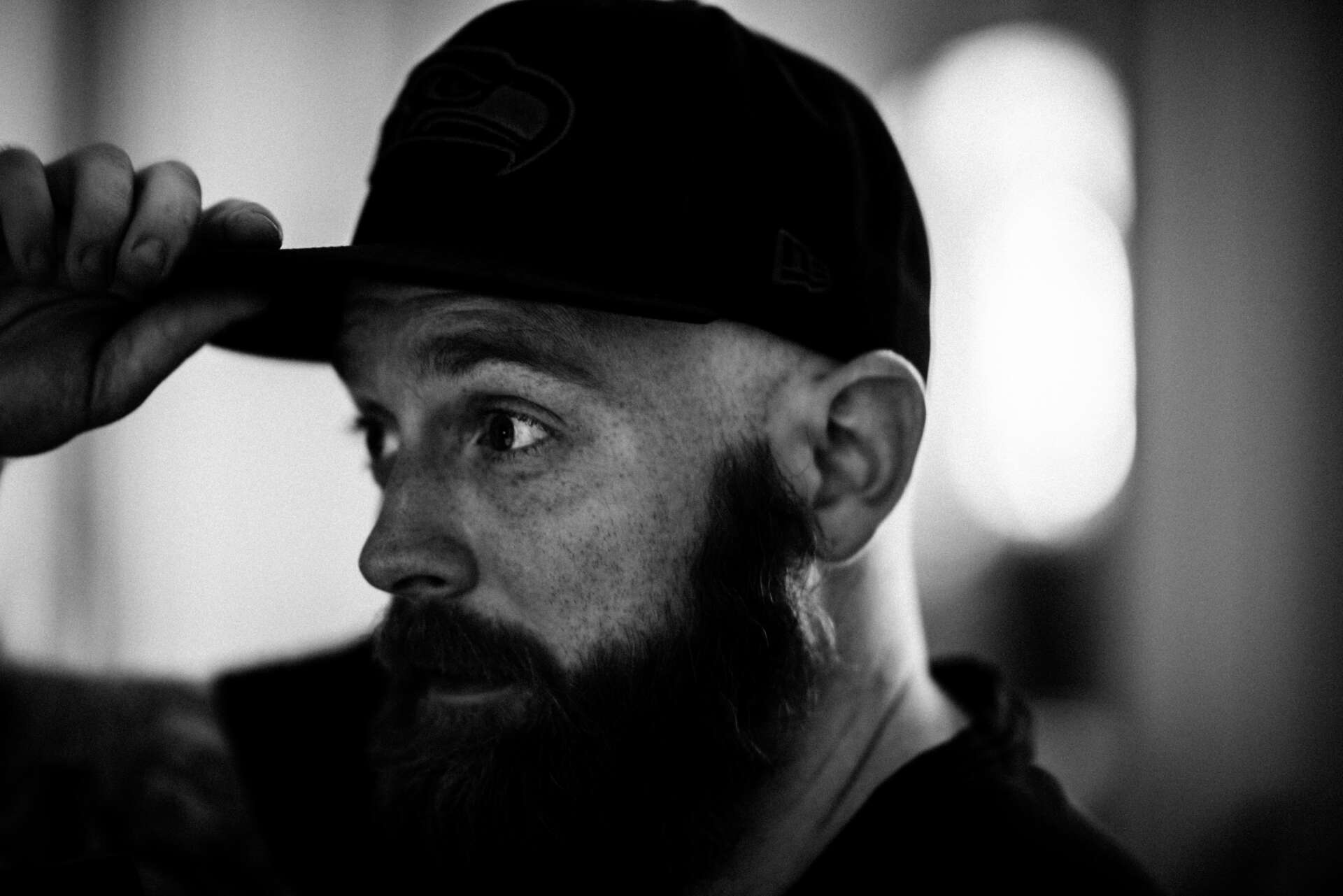We were lucky to catch up with Casey Showalter recently and have shared our conversation below.
Casey, thanks for joining us, excited to have you contributing your stories and insights. We’d love to start by getting your thoughts on what you are seeing as some the biggest trends emerging in your industry.
As a commercial cinematographer, the obvious current and ongoing trend in my industry is social and streaming platforms and how that realm has drastically affected how companies advertise. Ads are no longer confined to the old rules of advertising, which not only means are we altering how long they are or how they are framed (since a lot of commercials will also be cropped for vertical framing on social), but we have to adjust for the change in attention spans. I am not an old-school cinematographer, but when I started doing this it was really before companies were starting to advertise on social media. Instagram had just been released when I was starting to actually get jobs while living in NYC, but nobody was even thinking about how that would change things yet. We were starting to film more digital content for websites, but commercials were still king. I recall the first job I filmed where they asked me if it was possible to shoot it all vertical since it was only going to be used on Instagram. I had to use a bracket for a stills camera so that I could mount it on my rig sideways, and it was the most annoying thing I could imagine at the time. From there it was creative coming at me where they wanted it to be faster and edits that were cutting quicker. I had a client that didn’t like my big expensive camera because they liked the look of low quality phone videos. It has been one thing after another of adjusting to fit the current trends and trying to get innovative so that the content stays fresh and people are engaged. Every time I am on a traditional commercial where we are filming like we would over 10 years ago it feels like a breath of fresh air, but I can’t help but think about how it’s only a matter of time until those shoots will cease to exist. Now the big change is virtual production and creating content on a massive LED wall, so client are able to design the set in a virtual space. I don’t know if that will keep trending, but a lot of people are theorizing that eventually we will be shooting everything in a virtual space, with virtual actors and cameras. Hopefully I’ll be retired by then.
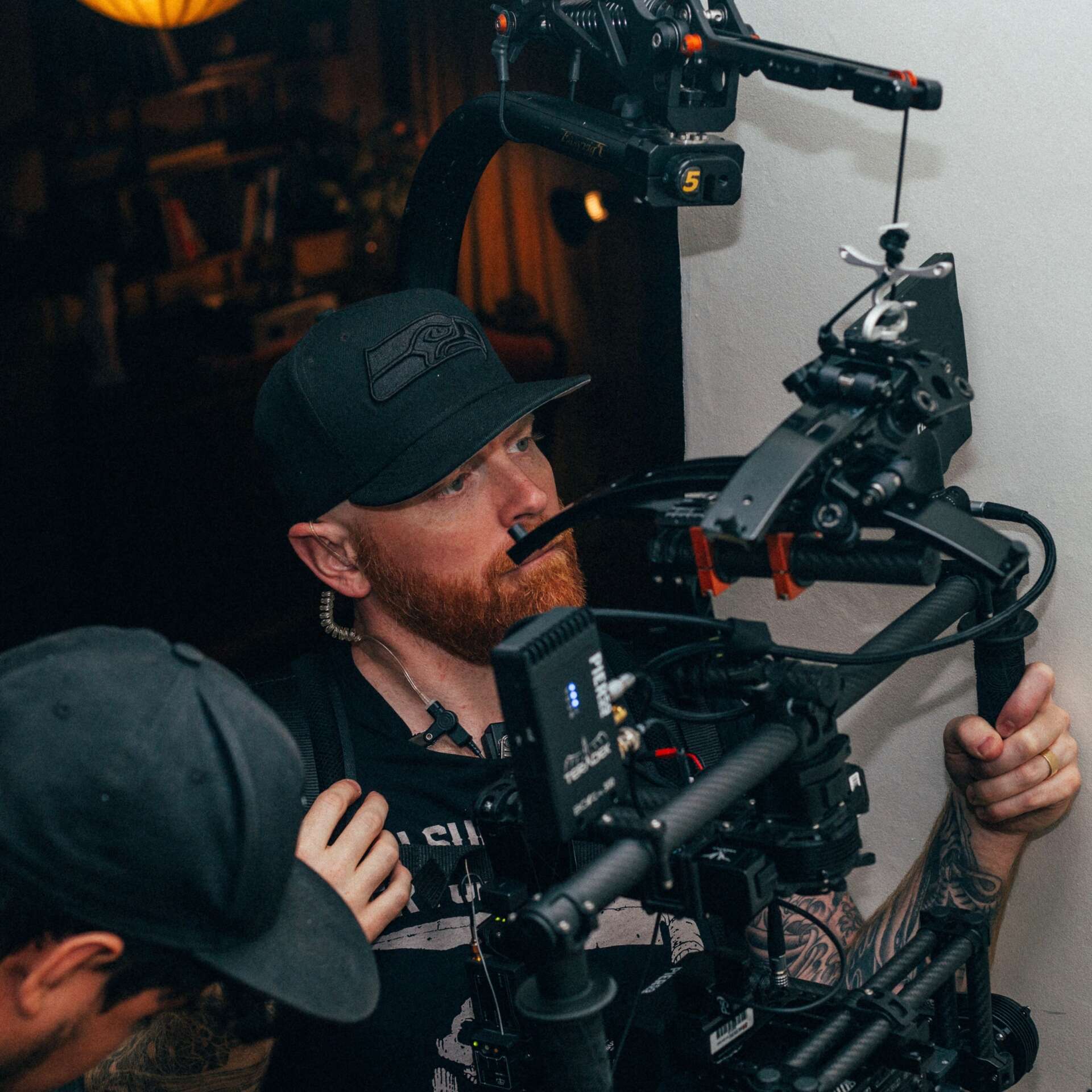
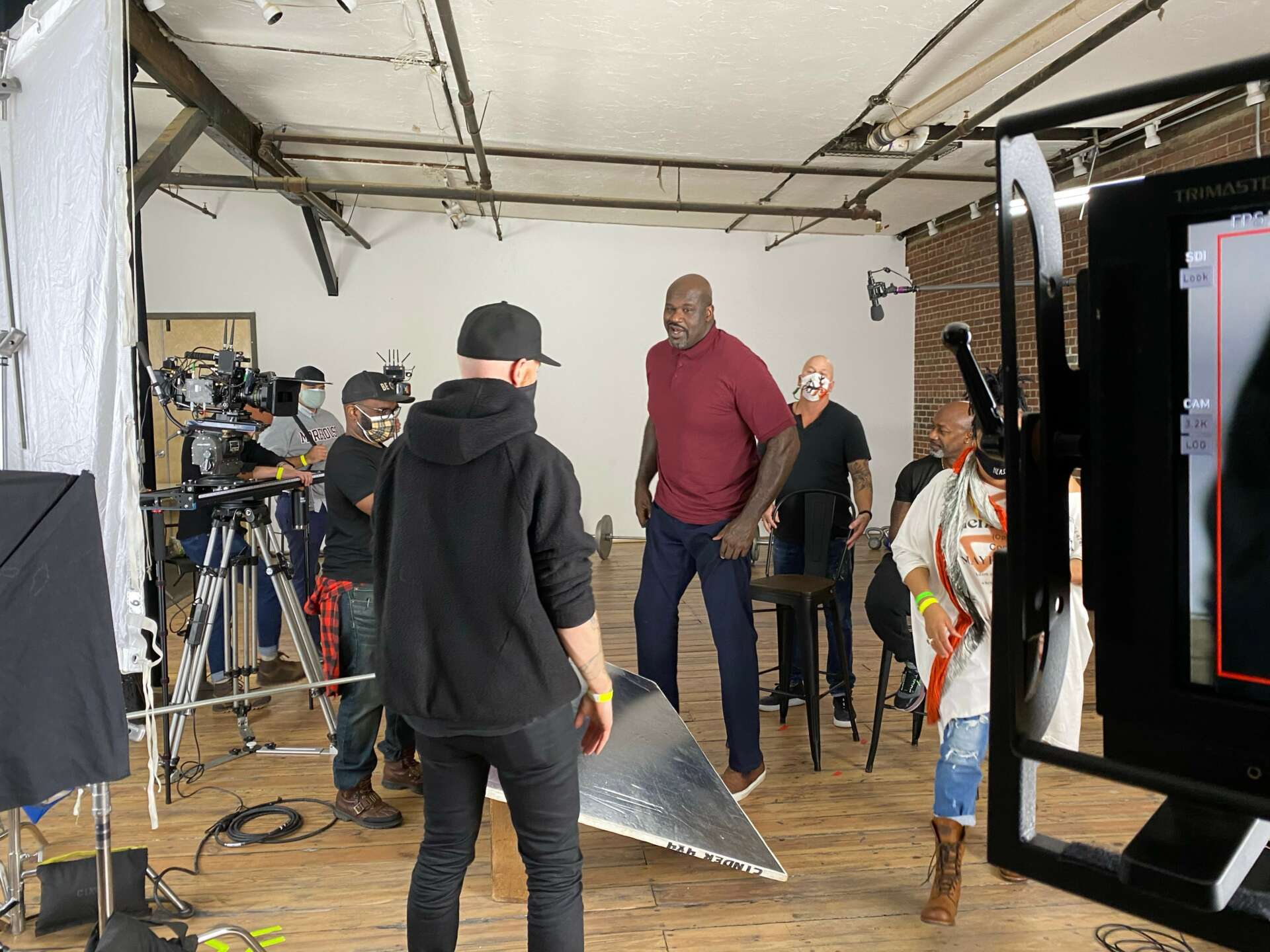
Awesome – so before we get into the rest of our questions, can you briefly introduce yourself to our readers.
I was born and raised south of Seattle, Washington, in the capital city of Olympia. After years of playing music and thinking that I might do that for a living, I decided I’d rather go into animation. I was in love with Pixar at the time so I moved to SF and began going to school at the Academy of Art University with a major in animation. After seeing how boring doing animation on a computer really was, I started turning to cinematography after taking a class where we had to do a lot of filming. Eventually I decided I wanted to move to NYC, so I did. I had a cousin there that is a fashion photographer so I spent a lot of time assisting fashion photographers that he introduced me to so that I could just earn a living. Eventually I worked for photographer that was also a director and he allowed me to start filming and doing what I really loved on a lot of his jobs. That grew and turned into my one and only role after years of hustling and taking every job that was thrown my way. Now I am a freelance cinematographer that shoots a lot of fashion and beauty, but also a lot of traditional commercials for many different types of brands. I am always pushing to create the most perfect final product I can, no matter what budget we are working with and I feel like my clients appreciate that. I’m also not a dick and I like to have a good time with everyone on set. Attitude and personality is a very important thing in my industry because there are a lot of people that are really good at what they do. I can think of 20 people like me that could do what I do, but what it comes down to is being someone that your clients want to be around while also being able to trust that they will be psyched about their final product. It’s a hustle, and sometimes it’s humbling when you lose a job, but if you know your craft and can move with the times while also being a pretty good human then you will succeed.
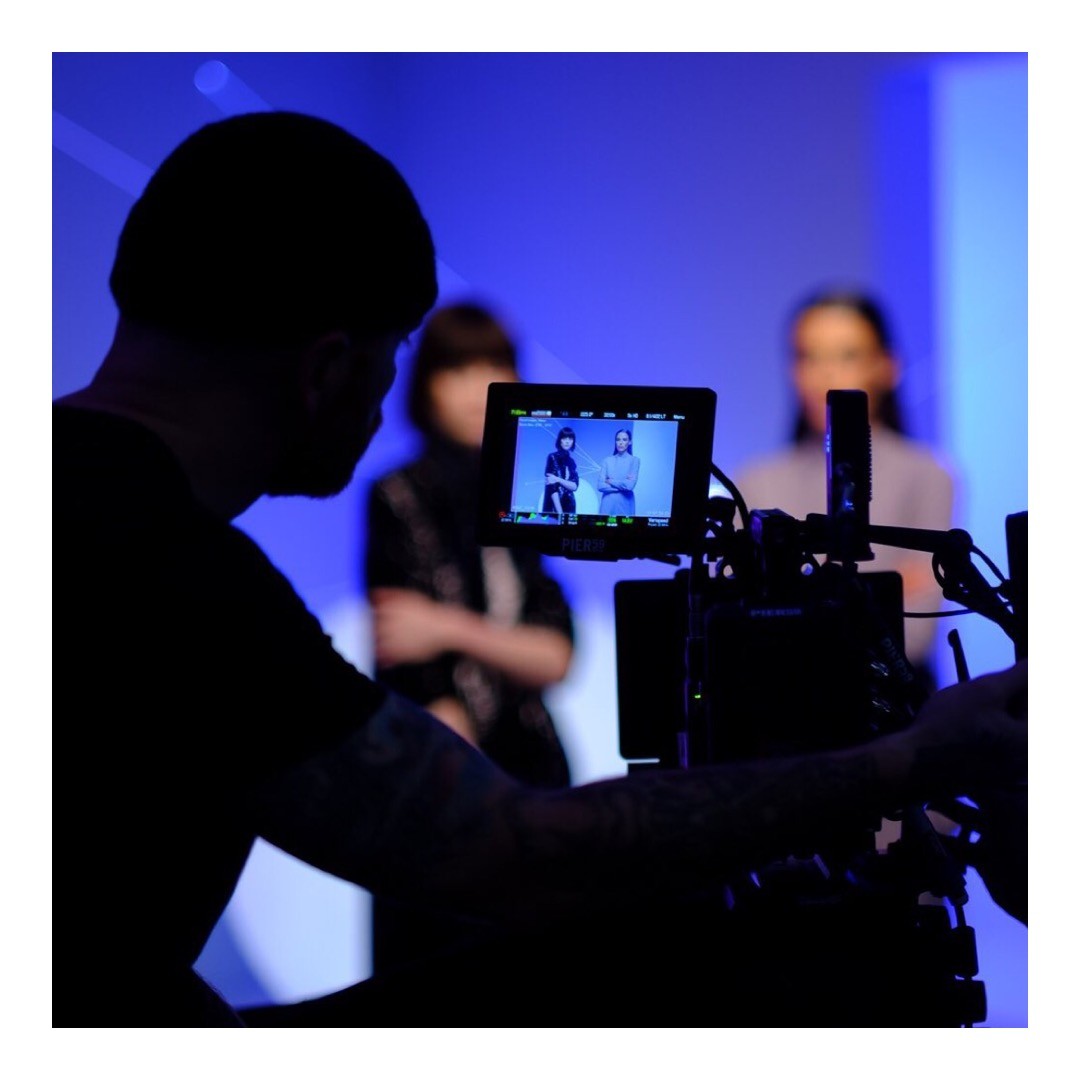
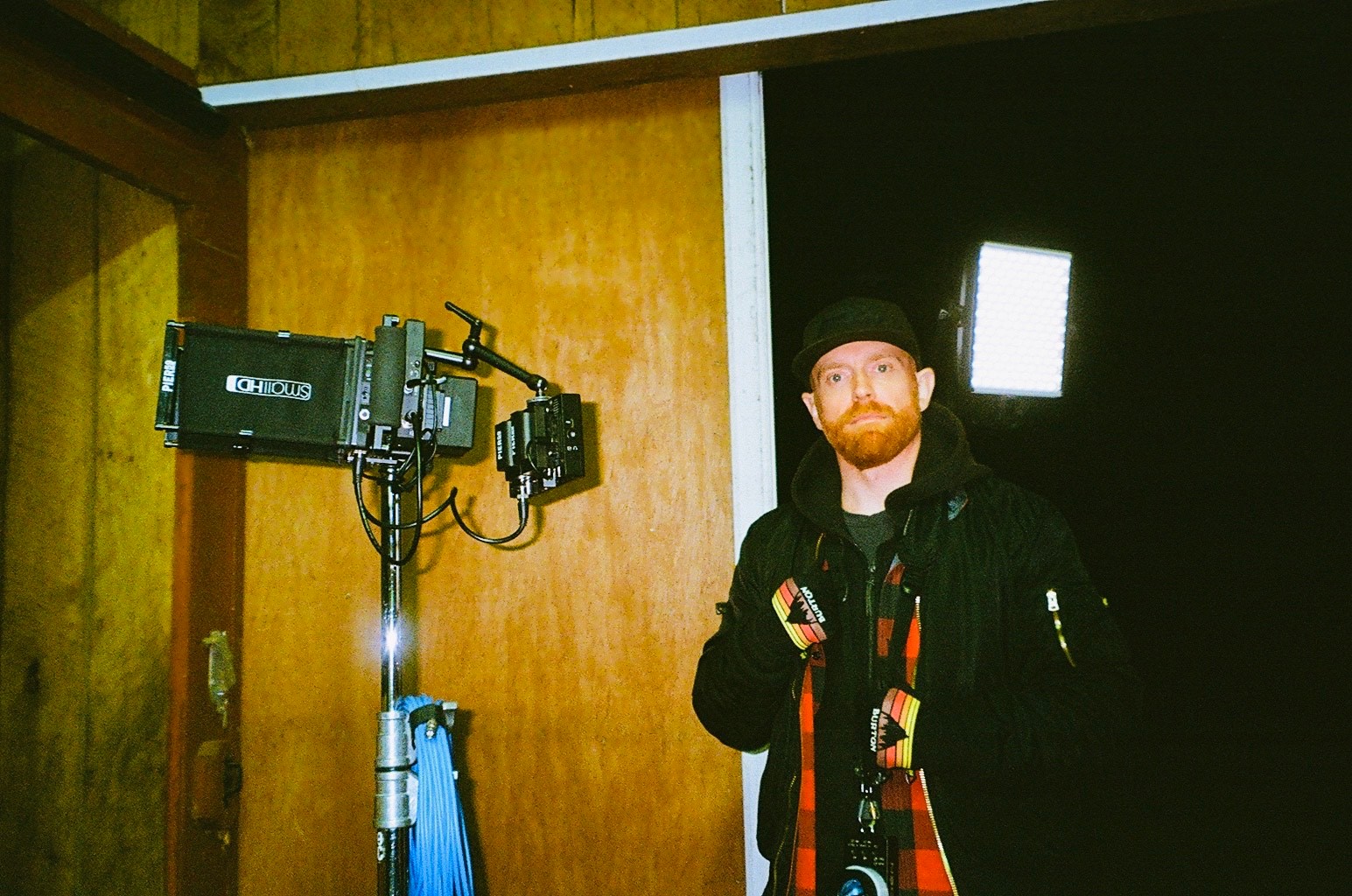
Is there mission driving your creative journey?
One of my goals is to be a part of this giant machine we live but to do something that doesn’t feel like work. I love that I get to work with new crews on a regular basis, to travel to new places, and to be creative. The fact that I’m feeding the consumer world is not lost on me, but I feel like the commercial creative industries are at least fun while also being able to spread a positive message on one of the world’s biggest stages, which is all of media. My main goal, though, is to be able to have time with my family. I have a little girl and a beautiful wife that I get to be with more than most people do since my schedule is much more flexible. I want to be a strong role model for my daughter and leave a lasting impression on her for a better way to do life. Having the time with her when I’m not shooting is the best thing I could ever ask for.
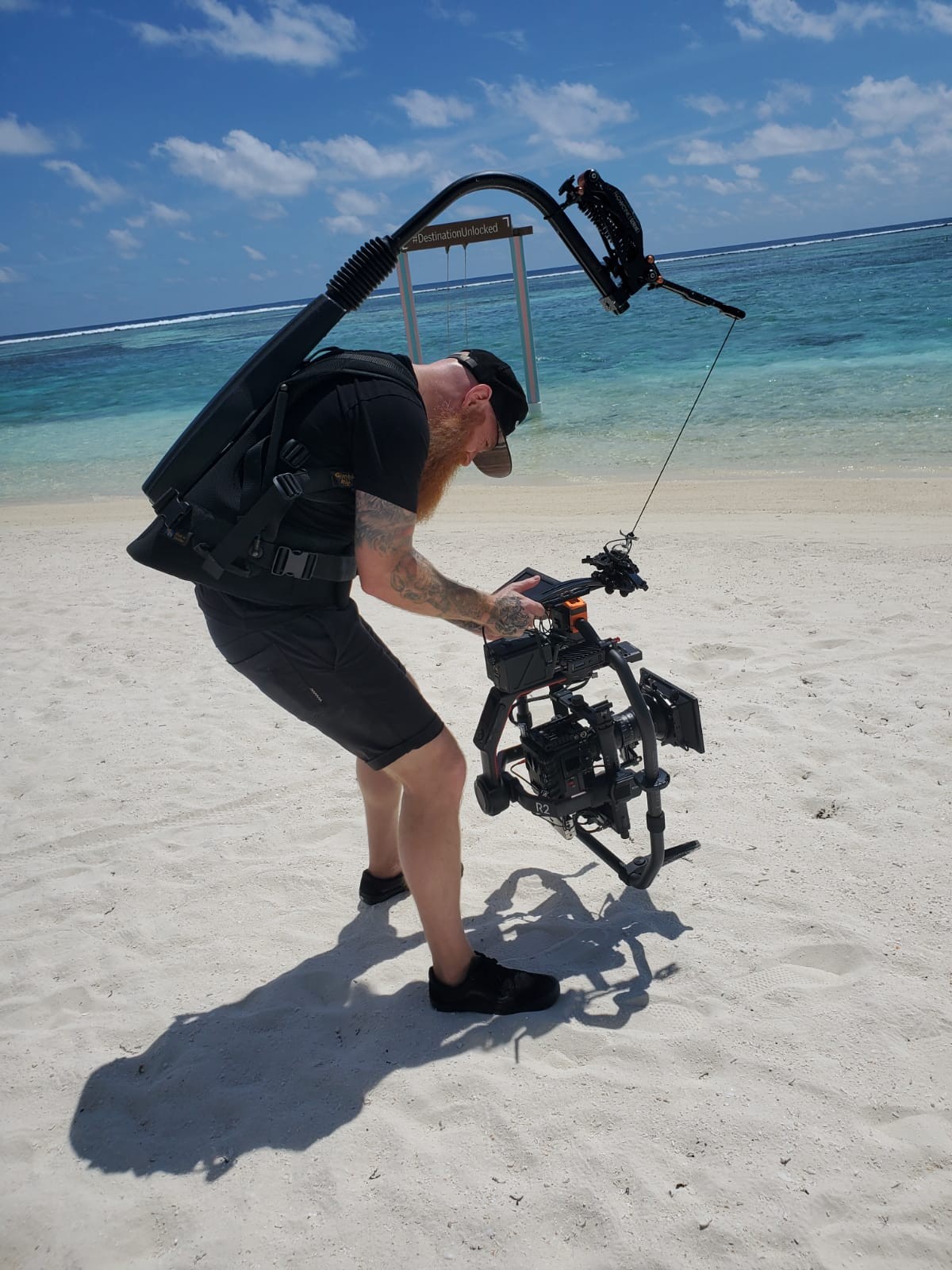
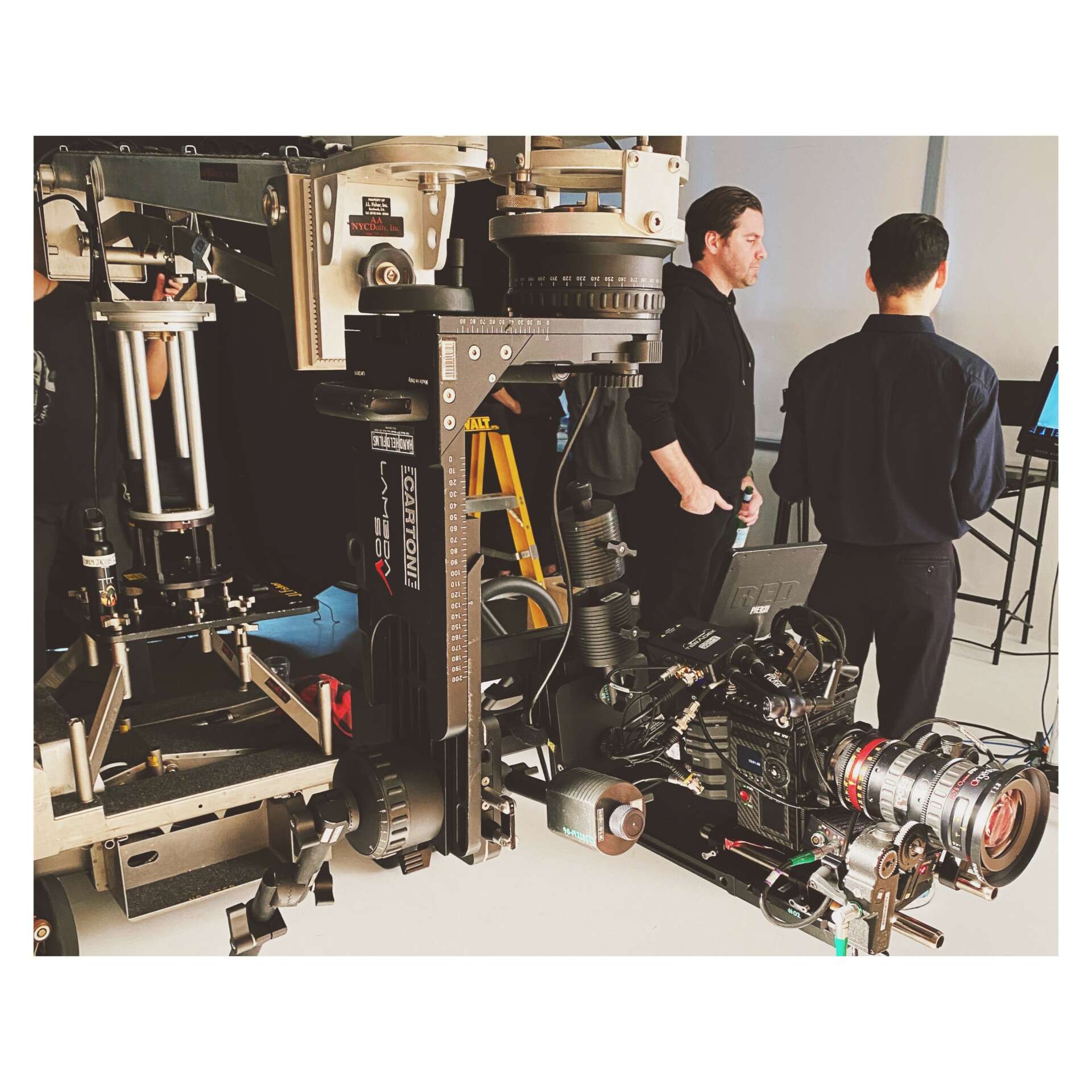
Any advice for growing your clientele? What’s been most effective for you?
The most effective strategy for growth is to constantly keep in touch with clients I have worked with, the younger people in the industry I’ve met, and the people I’ve really only heard of. Sales and marketing is going to be a part of almost any kind of business. Thankfully word of mouth has kept me afloat throughout my career, but it’s really the connections I’ve made that open new doors. I constantly talk to people I know and learn about who is moving on or up and I keep in touch with them so that I can be a partner and help their growth. I like to network with younger directors, producers and creative directors since most of the older generations already have their teams that they love working with. As directors and producers grow, they start to get more work and I stay right there with them, helping them when they need it and being a good friend so that we have each other’s trust and loyalty. Being a good person, and also a generous person, will payoff throughout any career, but especially in my industry. You have to take the lower budget jobs because not only will that give you more material for your reel but you will also make connections and be a go-to person for those creatives as they grow and get bigger jobs.
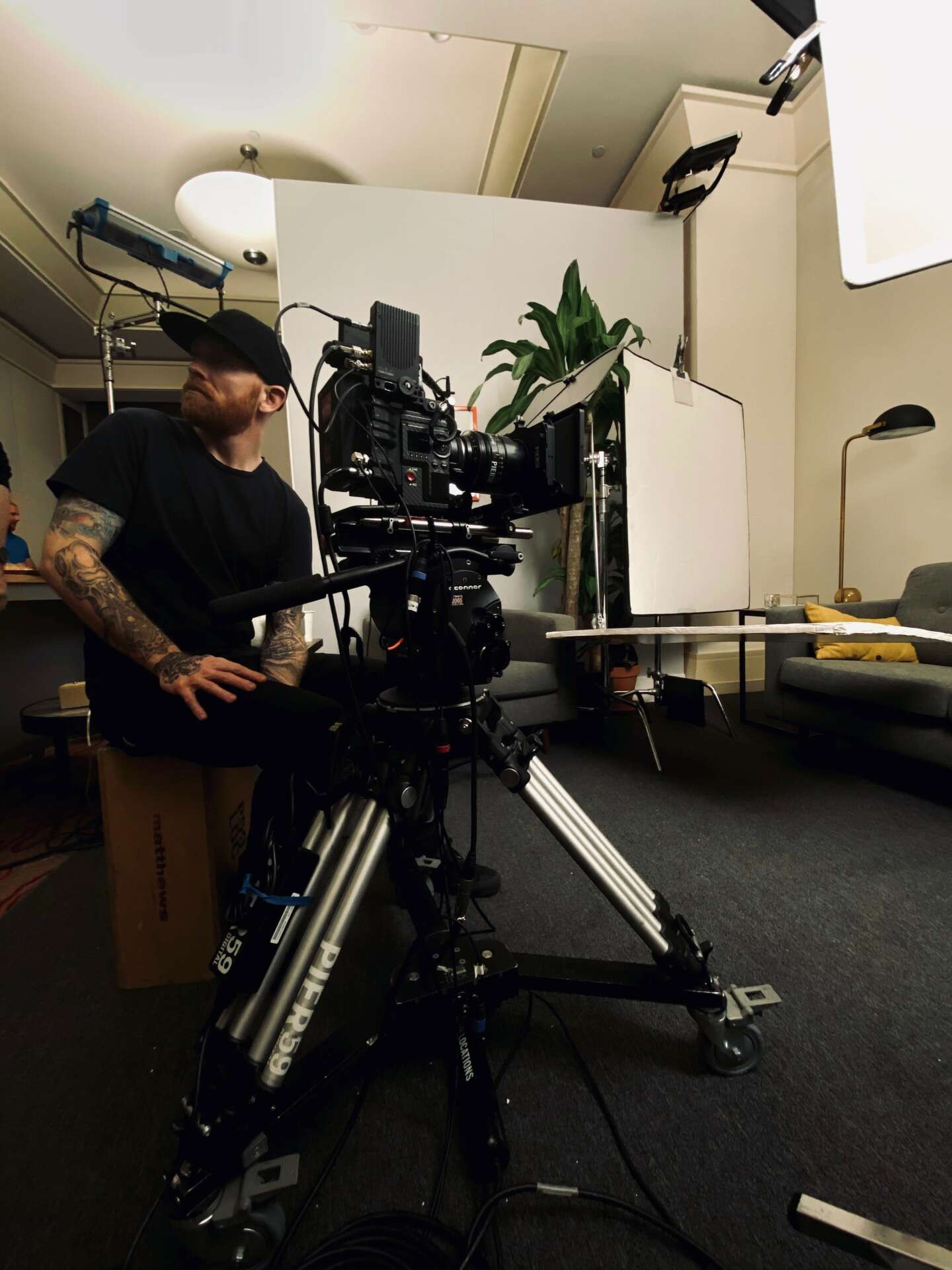
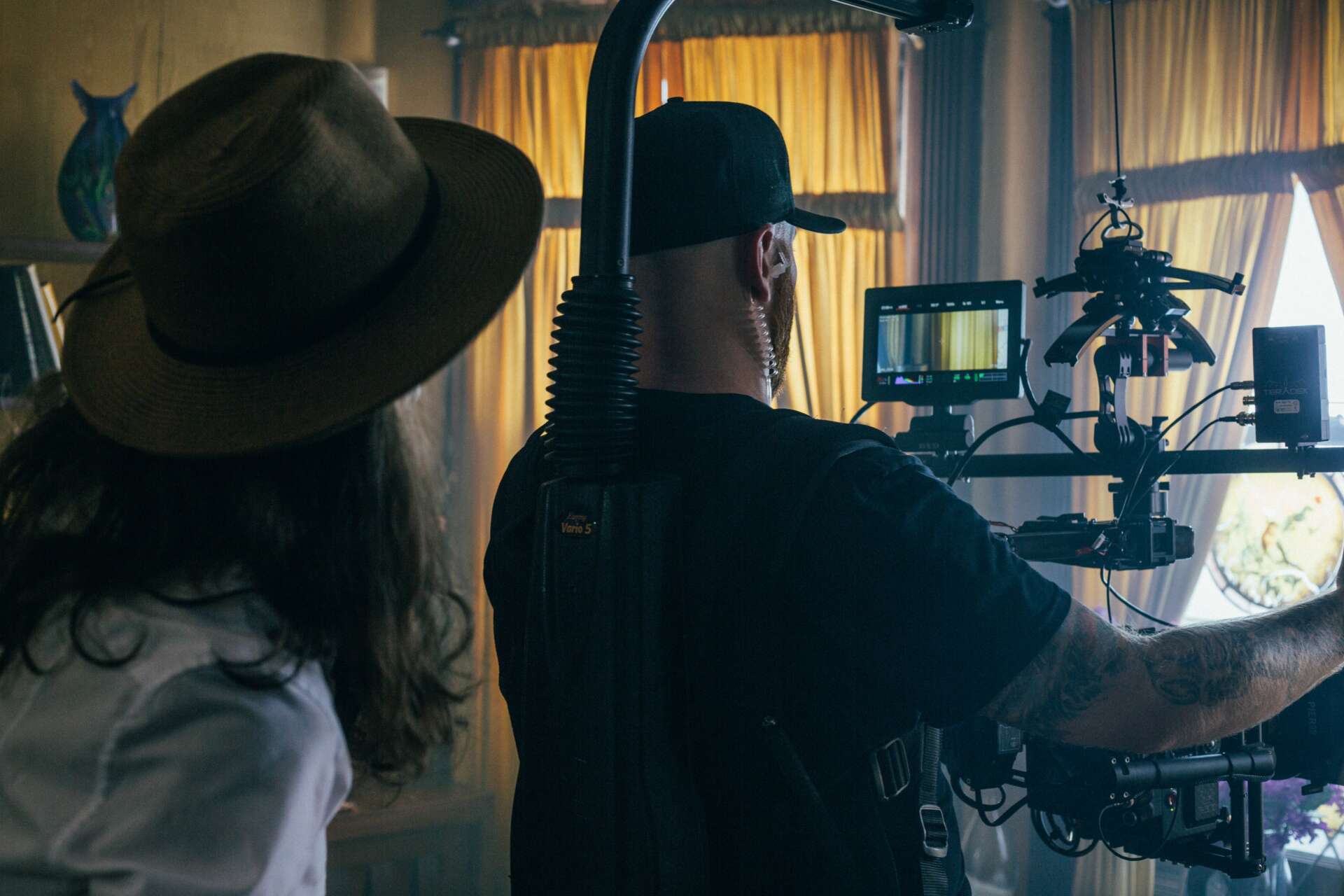
Contact Info:
- Website: www.caseyshowalter.com
- Instagram: @caseyshowalter


